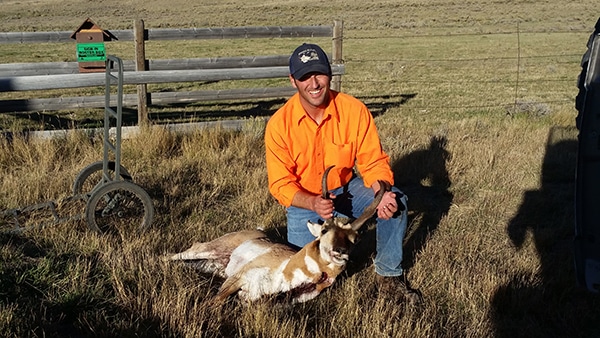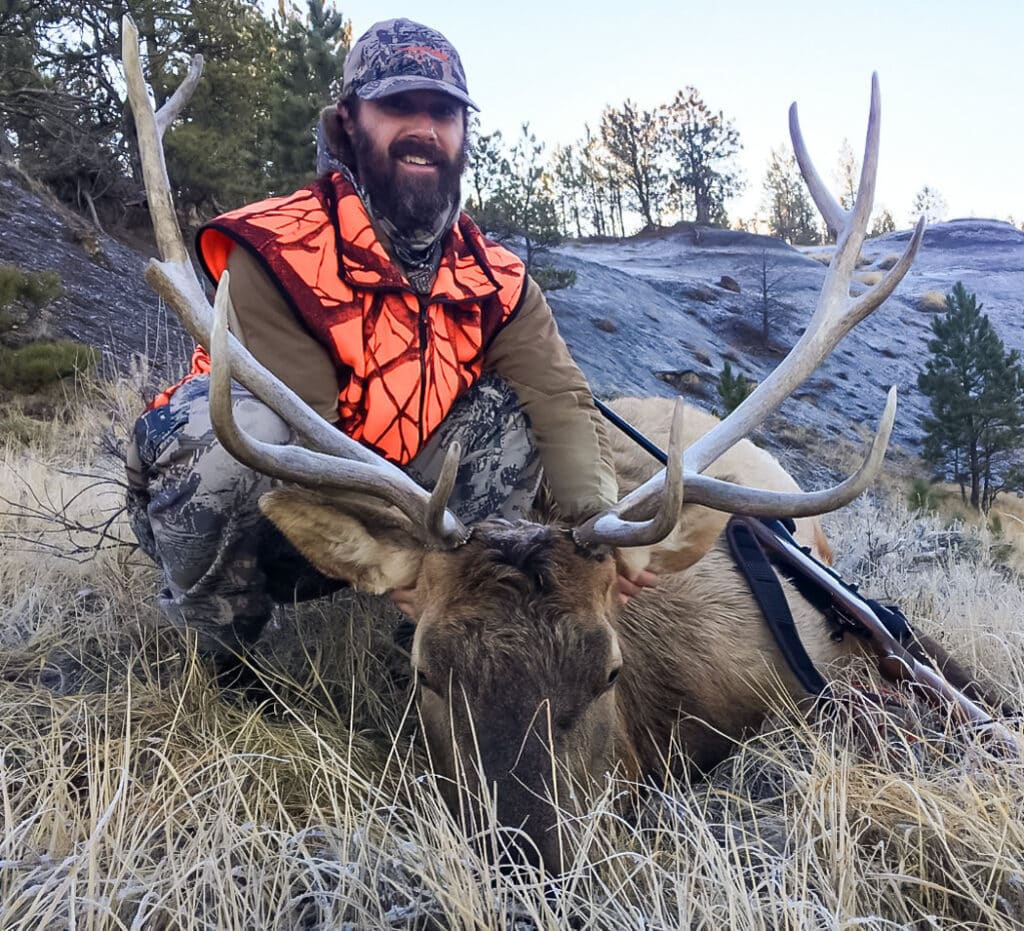
Two core values that Montanans share make our state great: a deep respect for private property rights as well as a dedication to public land. Defending both of these values is essential to our way of life.
Montana is blessed with 28 million acres of public land that supports hunting, hiking, camping, and countless other outdoor pursuits. However, the majority of Montana’s land is in private ownership. Unlike some Western states that are a majority public land, and Eastern states that are all private, Montana enjoys a mix. This balance of public and private land is crucial to our outdoor traditions and our farming and ranching heritage. Generations of Montanans have hunted both private and public lands. Our livestock industry, and the communities that depend on it, also rely on public and private land. Montanans deeply respect private property and at the same time are dedicated to protecting public access to public land.
According to the US Fish and Wildlife Service, more than 60 percent of Montanans hunt on private land. It is in everyone’s interest to provide incentives and financial support for landowners who wish to allow access to their land. This provides opportunity for hunters, and it benefits landowners by controlling the damage that elk, deer and other game cause to crops and fences.
In fact, Montana has a suite of solid programs for private landowners who want to allow public access. The Block Management program provides cash compensation to hundreds of landowners for hunter access. The Unlocking State Lands program gives a tax credit for access across private land to landlocked state parcels. Numerous locally-based collaborative efforts such as the Devil’s Kitchen Working Group near Cascade bring landowners and hunters together to forge access agreements for private land.
Last legislative session, the Montana Wildlife Federation worked with other sportsmen’s and agricultural groups to increase compensation to landowners in Block Management and renew the Unlocking State Lands program. MWF and other groups are also working together to forge better relations between landowners and hunters to open up more private lands to hunting.
Even as we work to support private landowners who provide access to their land, we also must maintain a strong defense of public access to public land. This includes protecting legally recognized public roads and trails and defending access to public streams.
It’s unfortunate that there are people who want to limit the ability of Montanans to access our public lands, often so they can profit personally from that access. Because private property rights are such an important Montana value, people sometimes claim them as their excuse for blocking access to public land. It’s a distraction. Illegally blocking legal access to public property is not the same as deciding what happens on your private property. It’s an affront to legitimate property rights, and it’s unfair to all Montanans to play private property rights against public land access.
Montanans need leaders who will support private property rights and public access rights. This means continuing to provide incentives and support for private landowners to expand access to their land. It also means standing up for public land managers who defend public access, and not just talking the talk about access. The current controversy surrounding public access in the Crazy Mountains illustrates how important it is that we support and defend the professional employees who are working to protect public access and private property.
Working together, and being honest about private property rights and public land access, is the best way to protect our Montana values and outdoor heritage.
Nick Gevock is the conservation director for the Montana Wildlife Federation.

